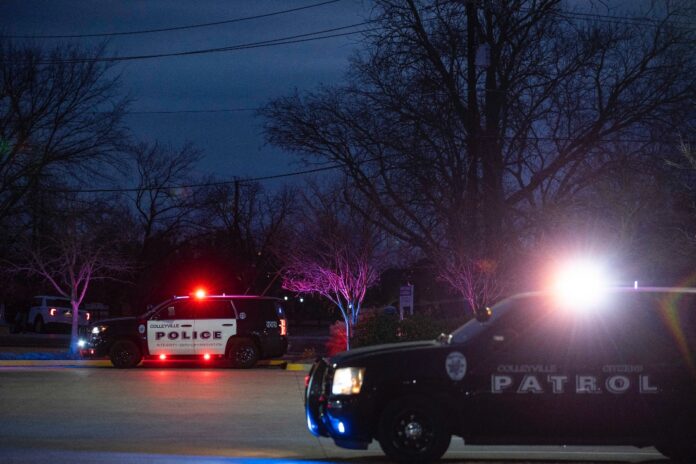LONDON: A British man who took four people hostage in a Texas synagogue was referred to the UK government’s counter-radicalization program Prevent, it has emerged.
Malik Faisal Akram was referred to Prevent in 2016 following the breakdown of his marriage. MI5 also tracked him for a month in 2020.
Akram was shot dead by the FBI last week while holed up with hostages in a Texas synagogue. He was the only person killed in the ordeal.
Leaked audio revealed that his brother tried to convince him to abort the attack, but was told that Akram would be returning home “in a body bag.”
According to his brother, Akram’s life fell apart in 2016 after he split from his wife. His brother told The Times that he was bitter that his wife had taken his six children after their split, and that Akram had closed his pharmacy business, which ran five locations across the north of England.
It was after this string of events that Akram was referred to Prevent. The new revelations about his referral are likely to pile more pressure on the British government to rethink its de-radicalization strategy.
The Prevent program is currently under review by the government, and a string of failings — some with deadly consequences — add further impetus to strengthening or modifying the program.
Last year, MP Sir David Amess was murdered in his constituency by Ali Harbi Ali, who had also previously been referred to and later discharged by Prevent.
Another attacker, Khairi Saadallah, had been referred to the program by refugee groups. He later killed three in a knife rampage in the English town of Reading.
Prevent’s review, undertaken in 2019, had initially been scheduled for completion in 2020, but a series of delays means it still has not been published.
Rights groups including Amnesty International have boycotted the review, saying William Shawcross, who is leading it, had previously expressed anti-Muslim views that call into question the review’s validity.
A joint statement by the rights groups said: “Shawcross’s appointment, given his well-known record and previous statements on Islam … brings into question the good faith of the government in establishing the review and fundamentally undermines its credibility.”

